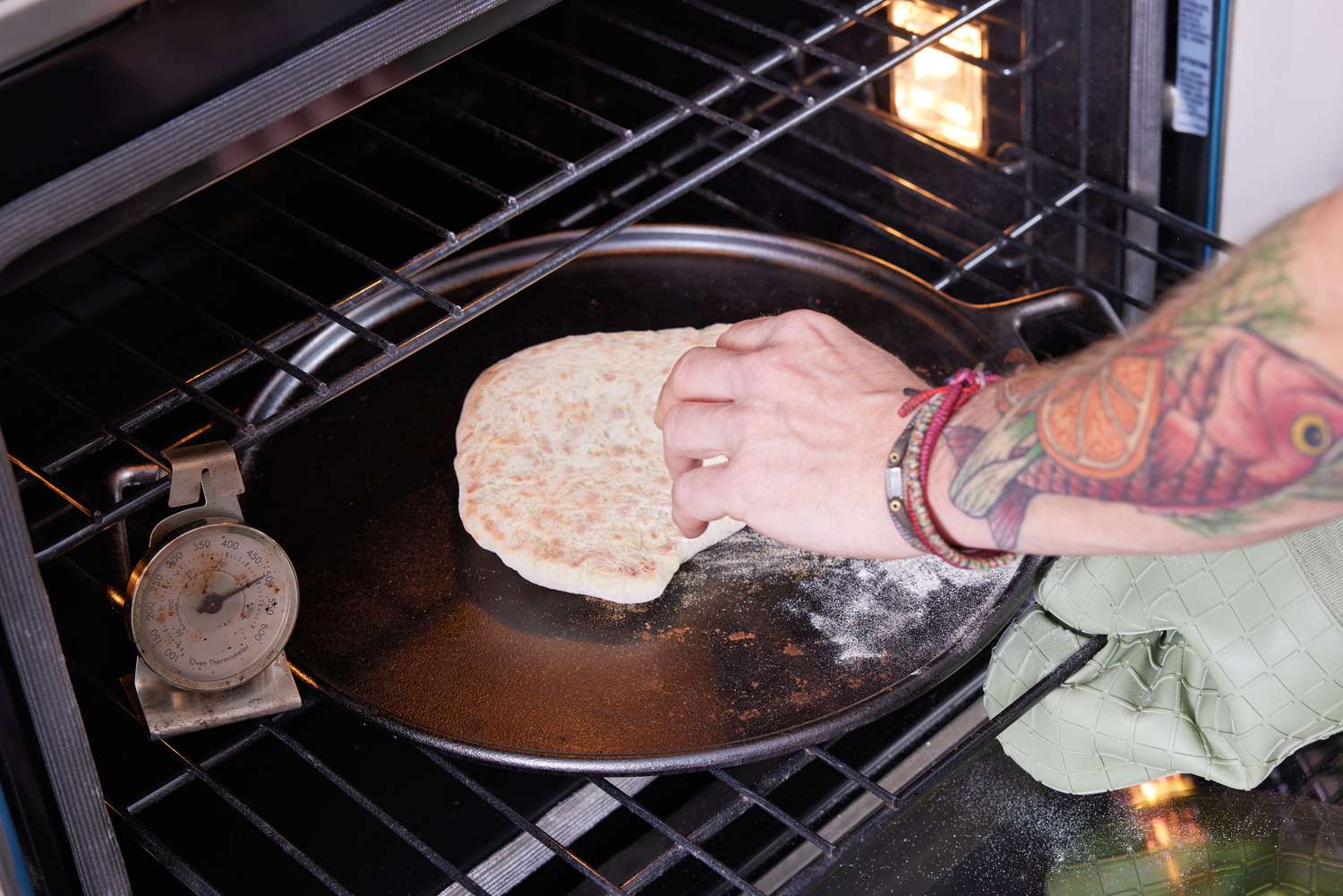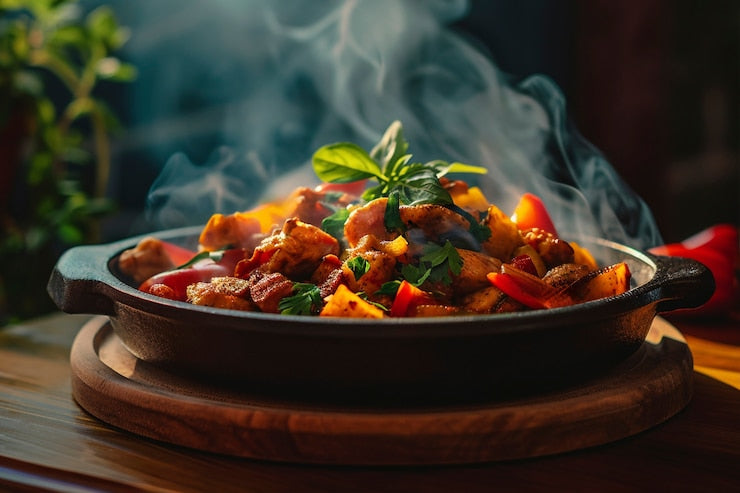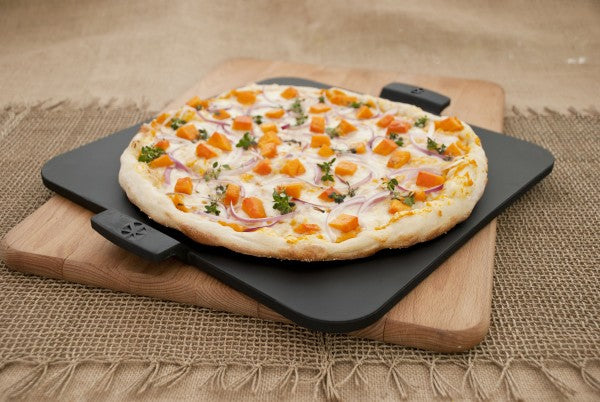As a kitchen professional, you understand the importance of maintaining your culinary tools. Your baking stone is no exception. It not only elevates your baking game by ensuring a crispy crust but also requires proper care and storage to prolong its life. In this article, we'll explore the best storage practices for baking stones to ensure their longevity and performance.
Why Proper Storage Matters for Baking Stones
The effectiveness of a baking stone can be significantly reduced if not stored correctly. Why is storage so critical? Lets delve deeper into the factors involved:
Maintaining Temperature Consistency
For those serious about their baking, the consistency of temperature in your baking stone is critical. Storing your baking stone in a location where it wont experience drastic temperature fluctuations is vital.
Preventing Physical Damage
Baking stones are vulnerable to physical damage such as chipping or cracking. Efficient storage solutions can minimize the risk of damage. Learn more about the delicate nature of baking stones by checking out our guide on how to transport a baking stone.
Tips for Storing Your Baking Stones Correctly
Now that weve established why storage is important, lets explore how you can implement effective storage solutions:
Use a Dedicated Cabinet Space
Ensuring a dedicated cabinet or storage shelf can save your baking stone from dust and protect it from falling objects. Make sure to place a cushion underneath the stone to avoid scratching or chipping the surface.
Store in a Horizontal Position
Always store baking stones flat. This prevents any unnecessary pressure points, which could cause cracking over time.
Temperature-Controlled Environment
If you're located in a climate with harsh winters or hot summers, consider a storage solution in a room where the temperature is relatively stable.
How Proper Storage Enhances Baking Performance
A baking stones storage impacts more than just its longevity; it can also affect your baking results. Discover how proper storage helps you achieve baking stone improves crust for that perfect texture every time.
Baking stones, when stored correctly, contribute to the even distribution of heat and maintain the desired level of moisture in dough products. For insights on perfecting your bread baking with these stones, check out baking stones and oven spring.
Conclusion: Implement These Best Storage Practices
Storing your baking stone correctly is not just about organizing your kitchen space but also about enhancing the performance of your favorite baking stone. Take the necessary steps, such as ensuring a flat, temperature-stable environment, to maintain the integrity and efficiency of your culinary tools.
To explore more about baking stones, their versatility, and proper handling, I recommend visiting this comprehensive guide.
:max_bytes(150000):strip_icc()/pizza-stone-testing-winners-the-original-baking-steel-wdickey-7-63-0eab155b17994dcc94fe89c908bab57d.jpg)
FAQs on Baking Stone Storage
1. Is it okay to leave my baking stone in the oven?
While you can leave your baking stone in the oven, be cautious of temperature exposure if you're frequently using high heat. Learn more in our detailed article on how baking stones improve crust.
2. Can I stack multiple baking stones together?
It's better not to stack them directly. Always use a protective layer in between to prevent scratching or collision damage.
3. How do I clean my baking stone before storage?
Make sure to completely wipe it down with a damp cloth and let it dry before storing it. You can follow this website guide for thorough cleaning instructions.
This article contains affiliate links. We may earn a commission at no extra cost to you.






Leave a comment
This site is protected by hCaptcha and the hCaptcha Privacy Policy and Terms of Service apply.